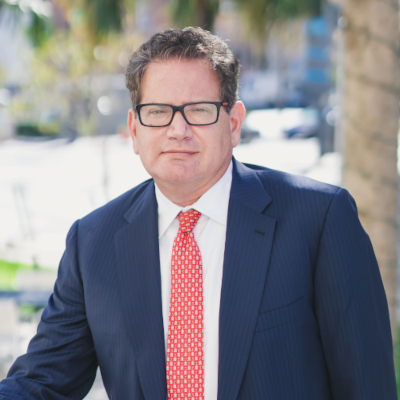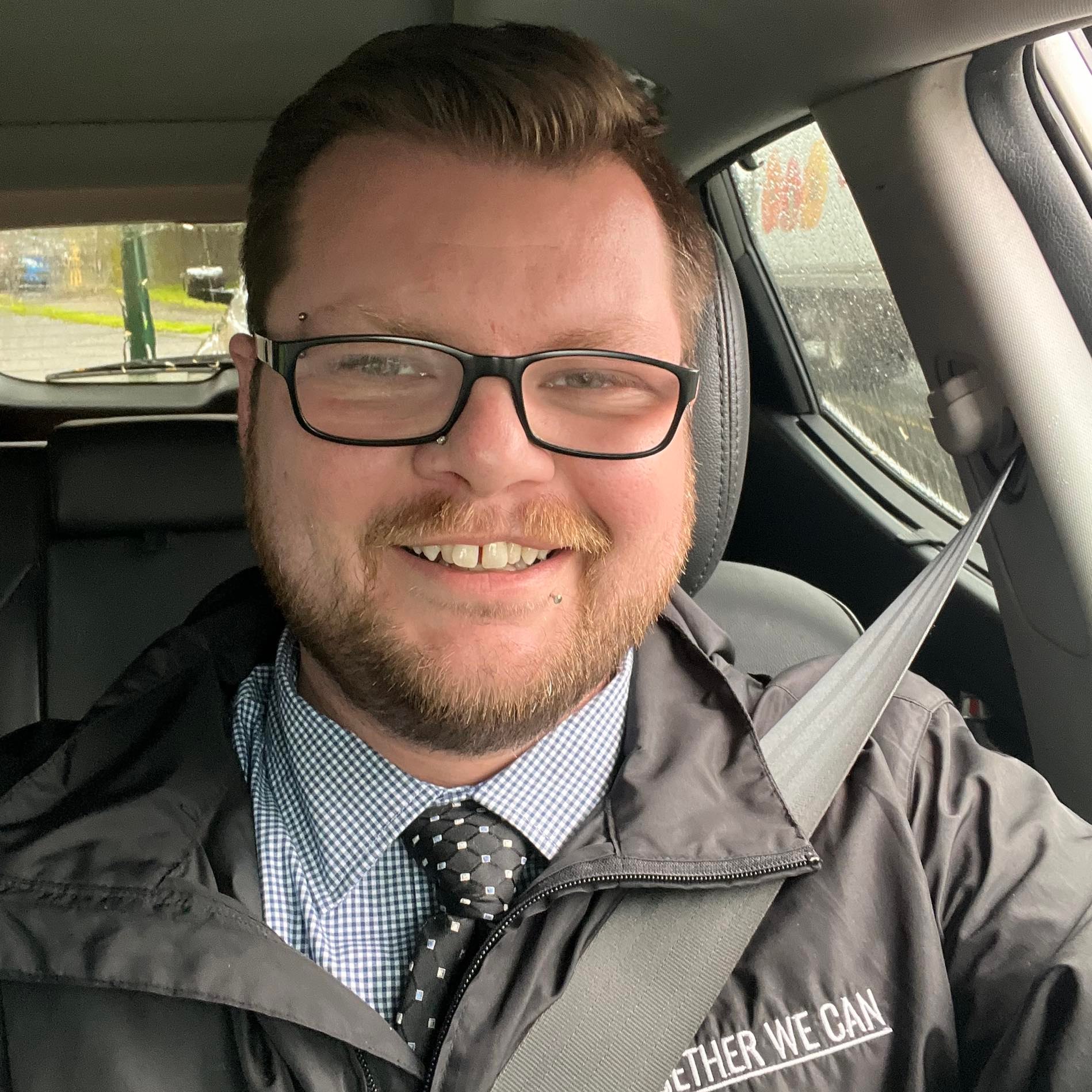Aug 5, 2022
Talk Recovery Radio
This week on Talk Recovery Radio we have 2 amazing guests. First on the show we welcome Bruce Rosenberg, co founder of Rosenberg Law, Bruce has made a name for himself in the area of healthcare fraud litigation defense. Second on the show is Steven Hall, a person in long term recovery sharing his personal story of recovery from addiction. Catch it all on Facebook Live on Talk Recovery's Facebook page.
About Bruce Rosenberg

Bruce Rosenberg is a founding partner of Rosenberg Law, P.A. With over 30 years of experience litigating in New York and Florida, Mr. Rosenberg now concentrates his practice in healthcare regulatory compliance and civil racketeering litigation. He has successfully litigated a wide array of cases on behalf of healthcare professionals and businesses. Mr. Rosenberg also frequently advises other general practice and criminal attorneys on issues of corporate compliance, HIPAA privacy compliance, contracts, medical staff issues, and billing issues.
Before specializing in healthcare law, Mr. Rosenberg represented insurance companies in subrogation cases and with defense issues. This experience allows him to serve healthcare providers more efficiently and effectively. His working knowledge includes complex commercial litigation, acquisitions, assignments, joint ventures, partnerships, civil defense of banking and leasing institutions as well as banking compliance.
Mr. Rosenberg is an active member of the Sarasota Bar Association. He also currently serves on the Florida Bar Technology Committee.
Rosenberg Law Socials
Facebook | Twitter | Instagram | Website
DRUG ADDICTION/SUBSTANCE ABUSE REHAB COVERAGE
The Affordable Care Act (ACA) eliminated addiction from the list of preexisting conditions, thus ensuring health insurance coverage for alcohol and drug rehabilitation services; this is because the ACA sought to improve access to medical health services during a time of rising widespread mental health issues.
The ACA classified addiction treatment as an "essential medical benefit".
Pursuant to the ACA, insurance plans cover addiction evaluation
and treatment medication, alcohol and drug testing, anti-craving
medication, clinic and home health visits,
family counseling, certain interventions, and medical detox
programs. Plans obtainable through the Health Insurance Marketplace
provide varying degrees of coverage for rehabilitation–60% for
Bronze plans, 70% for Silver plans, 80% for Gold plans, and 90%
for
Platinum plans.
As a result, the ACA makes addiction treatment more affordable and allows patients to select a greater range of rehabilitation services. However, inpatient programs may be excluded by ACA/public plans. Since the passage of the ACA, private plans offer varying levels of coverage for rehabilitation. State laws that regulate private plans typically require insurance providers to cover substance abuse treatment and other mental health rehab services.
Though costlier than public insurance, private insurance ordinarily provides more options for treatment coverage than public plans, especially for alcohol and drug addiction rehab. However, some private plans do not cover substance abuse rehab, which makes public plans more favorable in those circumstances. Note that the difference between drug addiction and substance abuse–substance abuse is using a substance in a way not intended or more often/in higher amounts than necessary, while addiction is a chronic illness in which a person experiences neurochemical changes causing psychological dependence on a drug.
OFF-LABEL PRESCRIPTIONS
Insurance companies can sometimes deny coverage when physicians
prescribe drugs–this occurs when the prescription is for an ailment
omitted from the label, meaning that though the drug treats the
ailment for which the drug has been prescribed, the drug was not
specifically approved for treating said ailment.
Although the practice of off-label prescriptions is lawful and happens all the time, insurance providers deny coverage, except in limited circumstances where physicians provide convincing peer-reviewed research in favor of their prescription.
Even in cases where a physician can convincingly provide backing for the off-label prescription, insurance companies may deny coverage at their discretion.
Steven's Personal Story

Steven made his way down from the West Kootenays to a residential treatment center in the lower mainland, he completed a 12-step based program which was 60 days in duration. Once he completed the program, he began to volunteer at the treatment facility and today is an employee there. His own experience and struggles with addiction and mental health, coupled with working in the field, has given Steven fresh perspectives on the impact addiction has had on his community, friends, family, and himself. By entering recovery, Steven was able to stabilize on medications, receive counselling and build a strong support network of friends and professionals that help him daily to overcome his own struggles. Steven is a strong believer that there is hope in recovery and a strong community of like-minded individuals can bring a solution to British Columbia’s growing substance misuse epidemic and overdose crisis. By creating more safe spaces in our community that provide access to professional mental and physical health care services, Steven believes everyone is capable and worth recovery from addiction.